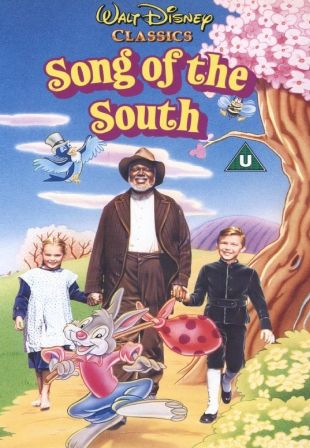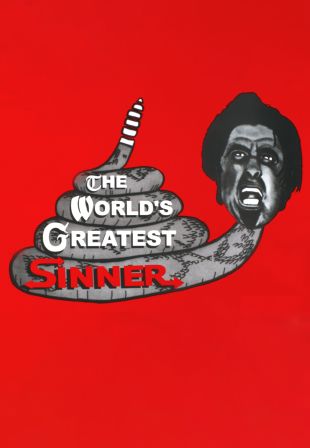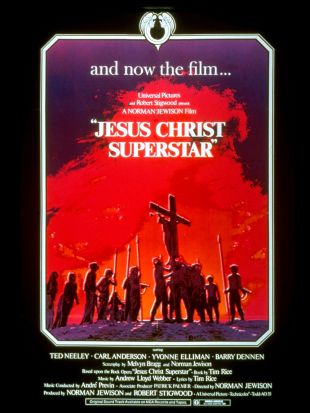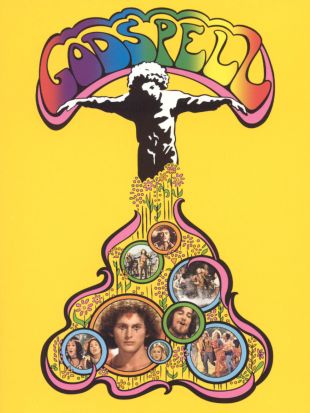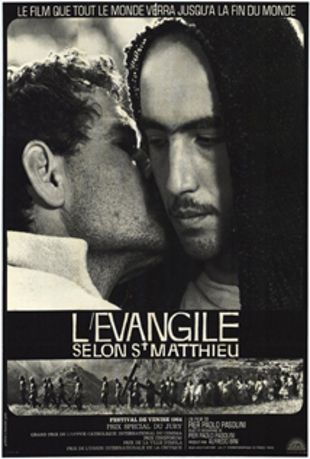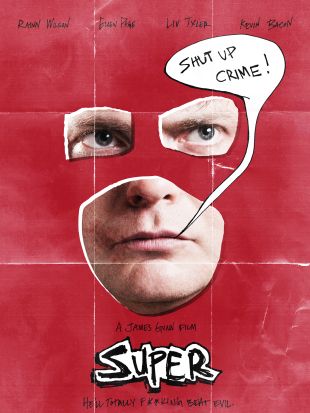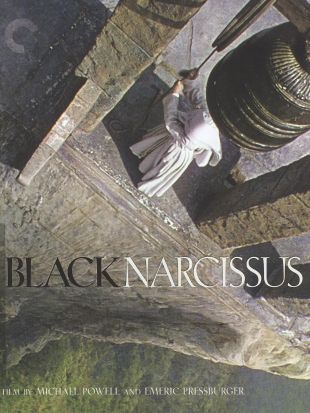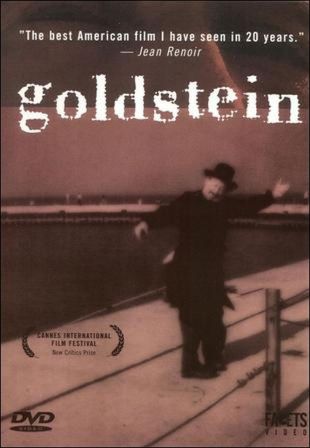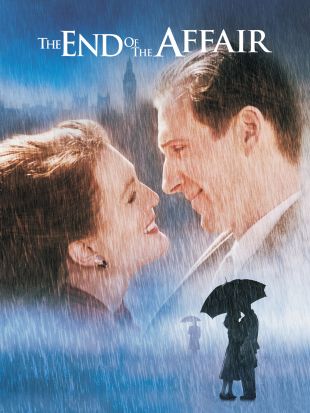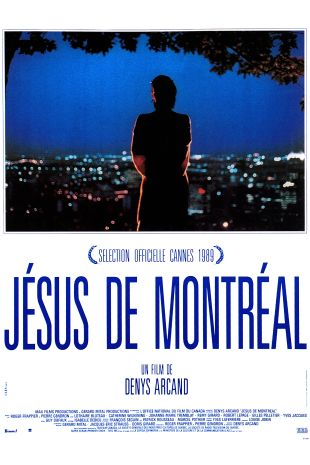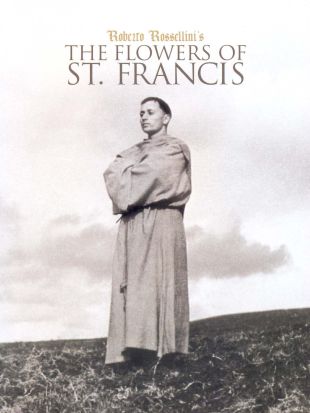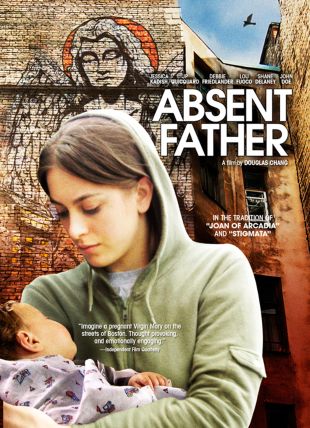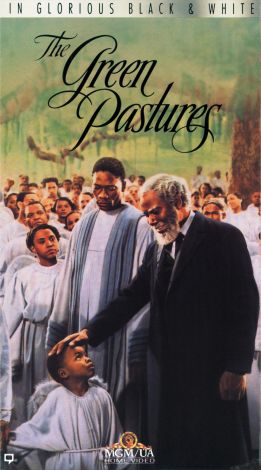
The Green Pastures (1936)
Directed by William Keighley / Marc Connelly
Genres - Fantasy, Spirituality & Philosophy |
Sub-Genres - Religious Drama |
Release Date - Jul 16, 1936 (USA - Unknown) |
Run Time - 93 min. |
Countries - United States |
MPAA Rating - NR
Share on
Synopsis by Hal Erickson
The Green Pastures began life as a group of "revisionist" Biblical stories titled Ol' Man Adam and His Chillun, written in exaggerated Negro dialect by white humorist Roark Bradford. These Old Testament stories were purportedly told from the point of view of an elderly black Sunday School teacher, who translated the Biblical prose into words that his congregation ("untutored black Christians" was Bradford's description) could readily understand. Thus, "De Lawd" behaves very much like a Southern black Baptist preacher; Heaven is a wondrous bayou-like land of big cigars and eternal fish fries; "Cap'n" Noah is a languid ferryboat skipper who argues with De Lawd over the advisability of bringing along a couple of kegs of liquor on the Ark; and the court of the Pharoah is redefined as a "Mystic Knights of the Sea" type lodge hall, with Moses introduced as a "conjure man". It is, of course, a white man's perspective on black life, but both the original "Ol' Man Adam", and the subsequent Pulitzer Prize-winning stage version written by Marc Connelly and retitled Green Pastures, have a lot more clarity, profundity and spiritual reverence than most "serious" Biblical adaptations. In this 1936 film version of the Connelly play, Rex Ingram is nothing less than brilliant as De Lawd, speaking the most ludicrous of lines with dignity and quiet authority. Others in the all-black cast include Eddie "Rochester" Anderson as Noah, Frank Wilson as Moses, George Reed as Rev. Deshee, and Oscar Polk as Gabriel, who has the film's single most stirring line: "Gangway! Gangway for de Lawd God Jehovah!" Unlike many other so-called racist films of decades past, The Green Pastures nearly always charms and captivates its modern-day audiences; even the most adamant of "P.C" advocates will probably thoroughly enjoy the experience. Playwright Marc Connelly is credited as director of Green Pastures, as he was for the original stage version, but co-director William Keighley and director of photography Hal Mohr deserve most of the credit for the film's strong cinematic sense.
Characteristics
Themes
Keywords
African-American, Bible-story, congregation, God, south, Sunday-school
